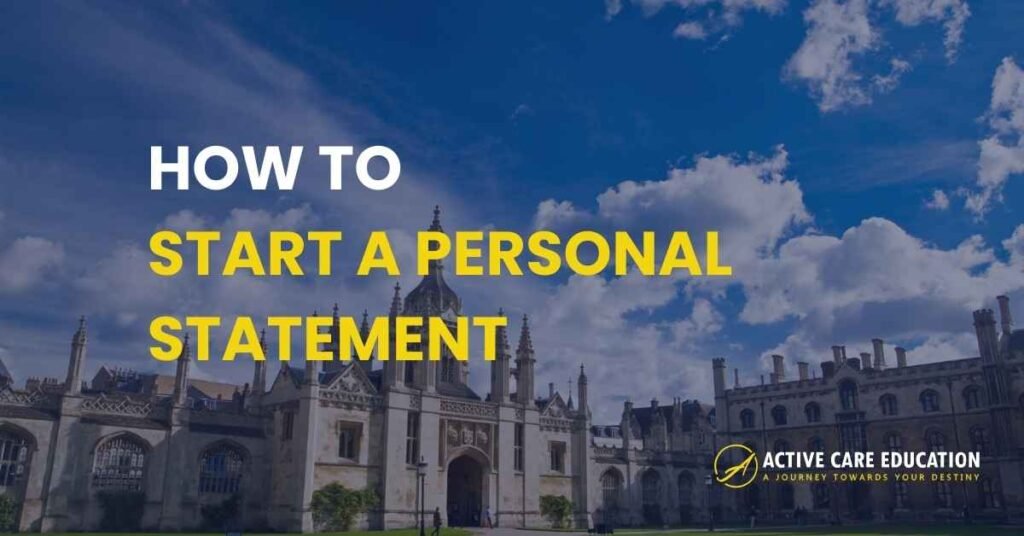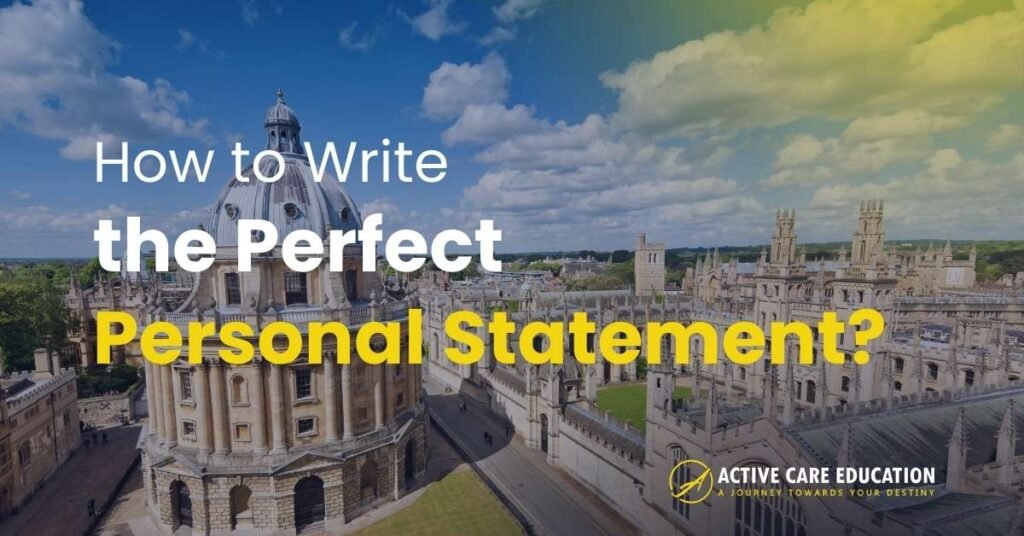25 University Interview Questions and Answers (With Tips)
When that email lands. “You’re Invited for an Interview!” Your heart leaps… and then maybe plummets just a little. University interviews – exciting, right? But also, let’s be honest, pretty nerve-wracking. What will they ask? How do you answer? What if you freeze? If you’re searching for 40 University Interview Questions and Answers (With Tips), you’re already on the right track to calming those nerves. Deep breath. This guide is your ultimate companion. We’re not just going to list questions; we’ll break down why they’re asked, what interviewers are really looking for, and give you sample answer frameworks and actionable tips. Let’s turn that interview anxiety into interview ace! Let’s understand the University Interview Landscape Before diving into the specific 40 University Interview Questions and Answers (With Tips), let’s understand the “why” and “how” of these crucial conversations. Why Do Universities Interview? It’s not just about your grades (they have those already!). Universities interview to: General Interview Etiquette The Core “Why”: Questions About Your Choices These questions help interviewers understand your motivation and if you’ve done your homework. This is a key section in our 40 University Interview Questions and Answers (With Tips). Q1. Why do you want to study at this university? Q2. Why have you chosen this particular course? Q3. What are your career aspirations? Q4. What other universities or courses have you applied for? Getting to Know You: Personal Questions These questions help the interviewer understand your personality, self-awareness, and how you interact with the world. Q5. Tell me about yourself. Q6. What are your main strengths? Q7. What are your main weaknesses? Q8. How would your friends or teachers describe you? Q9. What are your hobbies and interests outside of academics? Q10. How do you manage stress or pressure? Showcase Your Skills & Experience For experience-based questions, the STAR method (Situation, Task, Action, Result) is your best friend. It provides a clear, concise, and impactful way to structure your answers. Q11. Tell me about a time you worked effectively as part of a team. Q12. Describe a challenge you’ve faced and how you overcame it. Q13. Tell me about a time you demonstrated leadership skills. Q14. Give an example of a time you failed at something. What did you learn? Q15. How do you stay organised and manage your time effectively? Subject-Specific & Current Affairs Questions This part of our guide to 40 University Interview Questions and Answers (With Tips) is where your passion for your chosen field truly shines. Expect questions tailored to your course. Q16. What aspects of [Your Subject] particularly interest you, and why? Q17. What recent developments in [Your Subject Field] have caught your attention? Q18. Tell me about a book/article you’ve read related to [Your Subject] that you found interesting or challenging. Q19. How do you think [Current Event/Ethical Dilemma] relates to [Your Subject]? Brain Teasers & “Out-of-the-Box” Questions These are less common for most UK university interviews (Oxbridge being a notable exception for some subjects) but can pop up. They test creativity, logic, and how you handle the unexpected. Q20. If you were an animal, what would you be and why? Q21. How many piano tuners are there in Chicago? (Or similar Fermi problem) Q22. What makes you unique? Q23. Teach me something in two minutes. Q24. What’s your favourite word and why? Wrapping Up: Your Questions & Final Impressions The end of the interview is also your chance to shine. Q25. Do you have any questions for us? (Image Suggestion: A friendly looking university interviewer smiling at a student, with text overlay “Prepare your questions!” ALT Text: “University interviewer listening intently as a student prepares to ask questions at the end of their university interview, a key tip from the 40 university interview questions and answers guide.”) More Key University Interview Questions Here are more questions you might encounter. Top Tips for Nailing Your University Interview TL;DR: Your Uni Interview Express Prep Conclusion: You’ve Got This! Phew! That’s your deep dive into 40 University Interview Questions and Answers (With Tips). Remember, the interview is a two-way street. It’s your chance to show them why you’re a great fit, and also for you to decide if they’re the right fit for you. Preparation is your secret weapon. The more you prepare, the more confident and relaxed you’ll feel. Believe in yourself, showcase your passion, and let your personality shine. Go out there and ace that interview! What’s the university interview question you’re most worried about? Or do you have a great tip to share? Drop a comment below – let’s help each other out! FAQs: Your Quick Uni Interview Queries Q1: How long does a typical university interview last?A1: Most university interviews last between 20 to 45 minutes, but this can vary. Some highly competitive courses or institutions (like Oxbridge) might have longer or multiple interviews. Always check any information provided by the university. Q2: What should I absolutely NOT do in a university interview?A2: Avoid being late, dressing inappropriately, waffling or giving one-word answers, criticising other institutions or people, appearing disinterested, or not having any questions to ask them. Also, never lie or exaggerate your achievements. Q3: Is it okay to say “I don’t know” in a university interview?A3: Yes, it’s better than making something up. However, follow it up with how you would find out, or by reasoning through the question aloud. For example, “That’s an interesting question. I’m not entirely sure, but my initial thoughts would be to consider [factor X] and [factor Y]…” It shows honesty and a willingness to think. Q4: Should I take notes into a university interview?A4: It’s generally acceptable to bring a small notepad and pen, perhaps with your prepared questions for the interviewer written down. Don’t read pre-prepared answers from it, but glancing at your questions at the end is fine. For online interviews, having notes discreetly on your screen is possible, but avoid looking like you’re reading a script. Q5: How can I best calm my nerves before the interview?A5: Preparation is the best antidote! Also, try some deep breathing exercises. Visualise a
25 University Interview Questions and Answers (With Tips) Read More »




